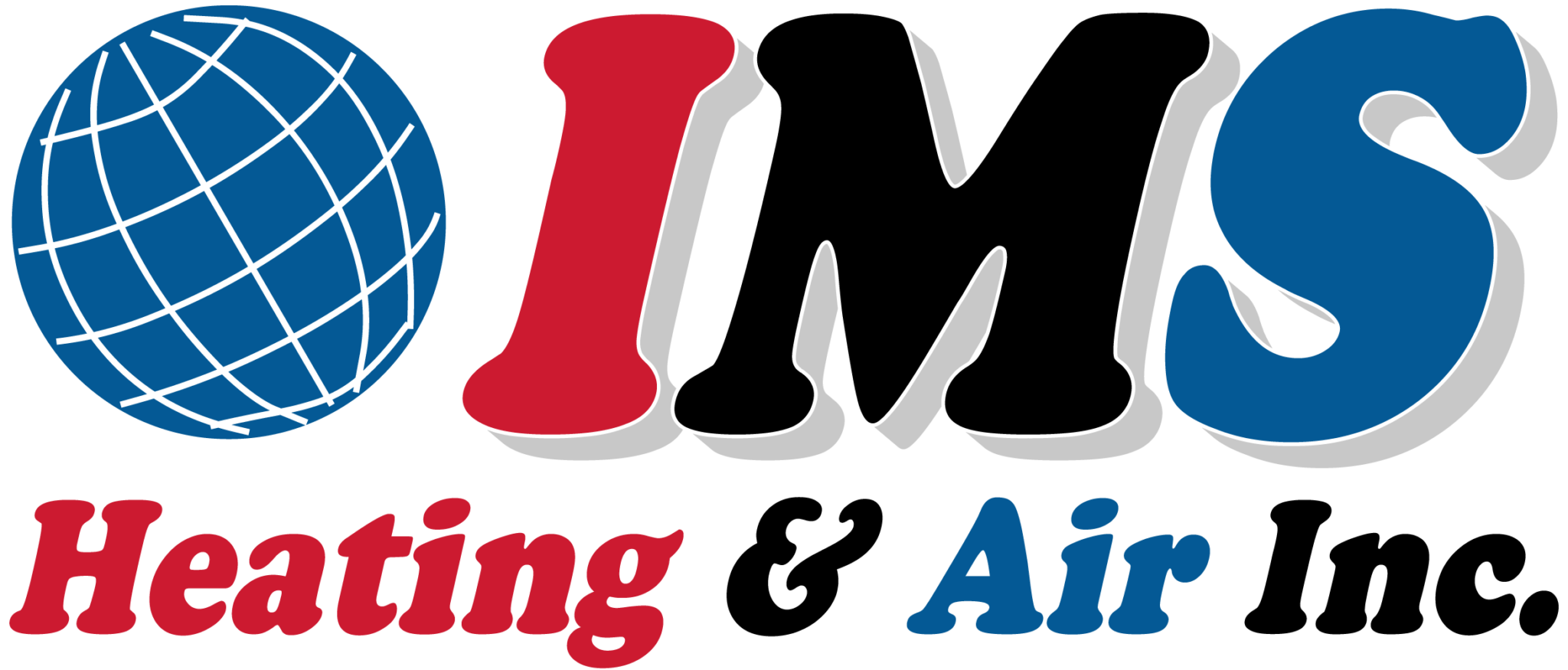When the cold season finally comes, a heating system is essential in a home. Everyone wants a warm, comfortable home to be able to face the biting cold of the outdoors.
The real challenge is deciding which heating system to install in your house. Your choice will mostly be influenced by various factors such as location, climate, and the size of your home. And the ultimate goal is to get a system that can efficiently keep you warm throughout the cold season.
Today, we’ll explore two of Colorado’s most popular heating systems – heat pump vs. furnace. Which of these heating options is the best fit for your home?
Well, if you are trying to compare a heat pump and a furnace, here is an overview of the two systems.
Heat Pumps
A heat pump is a device that heats or cools your indoors, depending on the season. During the cold season, a heat pump will draw warm air from the outdoors and push it inside the house to warm the rooms. During warm days, the system pulls warm air from the house and pushes it outdoors, leaving your home cool and comfy.
Heat pumps use electricity, which makes them a bit more efficient than other heating systems like gas furnaces. However, the spectrum of benefits will depend on factors such as the climate of your region and your home’s infrastructure. We will address these topics later.
Generally, there are three types of heat pumps, and each one will fit a specific type of home and climate. They include;
- Ductless Mini Splits – If you have an old home that lacks existing ductwork, this is the heat pump for you. The system consists of an indoor unit (air handler) connected to an outdoor one (condenser unit) via refrigerant lines.
- Air Source or Duct-heated pumps – This type of heat pump uses a duct system and vents to transfer heat from the outdoors to your indoors.
- Geothermal heat pumps – These are among the most efficient heating systems for your home. They use the ground heat or warm water bodies near your house to heat your home.
Pros of Heat Pumps
- Heat pumps are relatively cheap to install and maintain.
- Heat pumps use electricity, which is cheaper compared to gas.
- Heat pumps are versatile and can be used for a variety of applications.
Cons of Heat Pumps
- Heat pump systems tend to be inefficient in extremely cold climates. In colder regions, they may struggle to effectively heat your home during the harsh winter months.
- Heat pumps can take a long time to warm up an area fully.
Furnaces
Furnaces are the traditional heating systems that most homeowners in Colorado have installed. A furnace will use combustion or electricity (depending on the type) to generate enough heat for your indoors.
Electric furnace – This type of furnace uses electricity to produce heat for your home. It has an electric heating element that warms the air and then pushes it through the ducts into various rooms in your house.
Combustion Furnace – This is a furnace that uses the combustion of oil, natural gas, or propane to heat your home. When these elements burn, they produce heat that transfers to your indoor air, thus warming your house.
The warm air is distributed throughout the house through the ductwork. The most common type of furnace is the gas furnace, which is present in most homes.
Pros of Furnaces
- Furnaces can work well in extremely cold climates, unlike heat pumps.
- They provide quick warmth since they don’t rely on external temperatures to generate heat.
Cons of Furnaces
- They are expensive to purchase, install, and maintain due to their complex design and reliance on gas or electricity.
- Energy-wise, furnaces are not as efficient at heating your indoors as heat pumps.
Heat Pump vs. Gas Furnace
When comparing heat pump vs. furnace heating systems, most people are interested to know how a heat pump compares to a gas furnace. Heat pumps tend to be cheaper and more energy efficient than gas furnaces. Heat pumps are also easier to install since they don’t need additional fuel sources or vent systems.
However, when it comes to extremely cold climates like in Colorado, furnaces tend to work better than heat pumps. Heat pumps can struggle during extreme winter weather and may have difficulty keeping your indoors warm. Furnaces, on the other hand, can generate enough heat even during those colder days.
If you live in an area with extremely cold temperatures like Colorado, consider a furnace over a heat pump. However, a heat pump is a good option if you are looking for an energy-efficient heating system that is relatively cheap and easy to install. Your choice of buying a heat pump or furnace system will ultimately be determined by the cost and capacity of the system.
Gas Furnace Vs. Electric Furnace
When it comes to furnaces, you also have to decide between electric or gas ones, which are the most common. Electric furnaces are more efficient than gas furnaces. They can convert more fuel energy into heat energy than gas furnaces.
Also, as Beneficial Electrification gears up across the country, electric furnaces will become even more popular. Beneficial Electrification (BE) is the term for the official shift away from fossil fuels (natural gas, oil, propane, diesel, or gasoline) to the use of electricity, which is more environmentally friendly.
Therefore, while an electric furnace might be more expensive to install than a gas furnace, its benefits are much greater in the long run.
Verdict: Heat Pump Vs. Furnace
In conclusion, when choosing a heat pump vs a furnace in Colorado, the best heating system will depend on your budget and your home’s specific needs. Heat pumps are cheaper to install and maintain compared to furnaces while being more energy-efficient. However, they can struggle during extreme winter moments.
Furnaces can be an efficient choice if you live in an area with cold winters since they don’t rely on external temperatures to generate heat. They are also reliable for long periods of time as long as regular maintenance is performed.
If you’re still uncertain about which would be better for your home, it is recommended that you consult a professional HVAC technician who can evaluate your house and help you decide.





